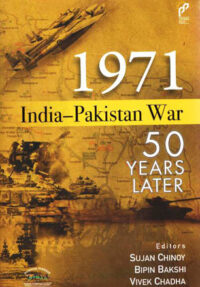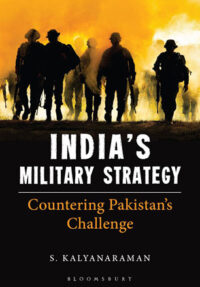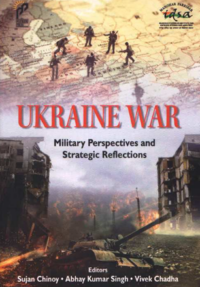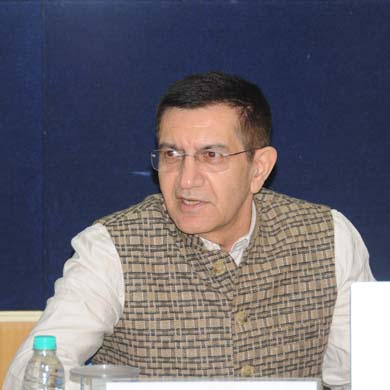Trafalgar and Tsushima: Relevance for India
The one-armed picture of Lord Nelson, perhaps the most celebrated and eulogised of British seafarers, is synonymous with the victory at Trafalgar and the bicentennial celebrations of this famous sea battle began on June 28 with an International Fleet Review in the Solent off south England. India apart, the 35 participating navies include the French and Spanish navies who were defeated by Nelson’s superior skills in that decisive battle on October 21, 1805.
- C Uday Bhaskar
- April 2005













